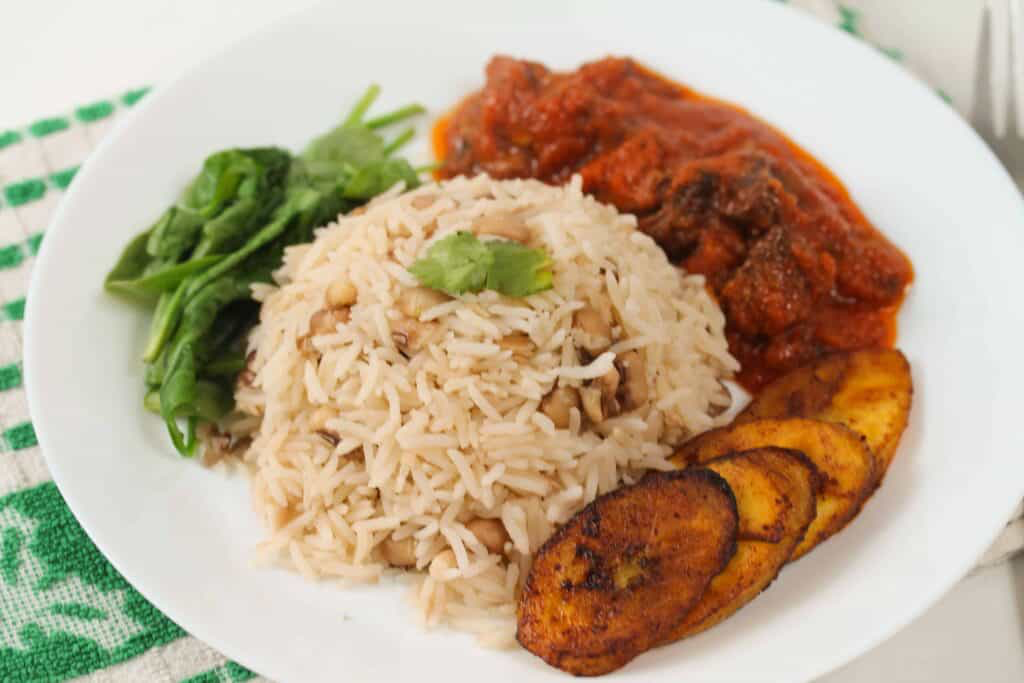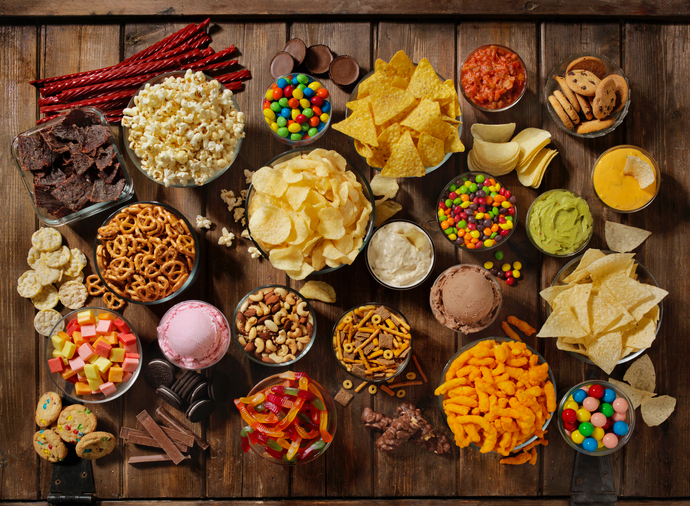Ramadan Essentials: 4 Things To Practice This Fasting Period
Fasting is a big part of our respective faiths. Whatever we believe in, depriving ourselves of food at some point is advised. For Christians, fasting is one of the most significant preachings of Jesus Christ, who practised it from time to time, especially when he went 40 full days and nights without food, in what turned out to be a vital teaching moment—thou shalt not live by bread alone…
For Muslims worldwide, the ninth month of the Islamic calendar, Ramadan, is observed as a month of fasting (sawm), prayer, reflection and community. A commemoration of Muhammad’s first revelation, the annual observance of Ramadan is regarded as one of the Five Pillars of Islam. It lasts twenty-nine to thirty days, from one sighting of the crescent moon to the next.
Fasting during Ramadan carries a high risk of dehydration as food and drink are limited to before sunrise and after sunset. Furthermore, as fasting individuals are encouraged to wake up very early to have their Suhoor (or pre-dawn meal), sleep deprivation and dehydration can lead to headaches.
Here are some tips for healthy fasting.
DON’T SKIP SUHOOR (PRE-DAWN MEAL)

As the saying goes, ‘breakfast is the most important meal of the day’. And during Ramadan, it becomes even more important!
Although skipping Suhoor to have uninterrupted sleep may sound appealing, you shouldn’t.
Skipping Suhoor prolongs the fasting period as your body will need to rely on the previous meal to provide you with all the nutrients and energy until Iftar (break fast). Due to the long hours of fasting, you are more likely to feel dehydrated and tired during the day. Furthermore, skipping Suhoor also encourages overeating during Iftar, which can cause unhealthy weight gain.
DON’T OVEREAT DURING IFTAR (BREAK FAST)

Just as it is not advisable to skip Suhoor, overeating when it is time to break the fast can harm your body.
Iftar should be a well-balanced, nutritious meal and not a feast! Overeating and excessive consumption of high-fat foods in particular, may result in indigestion and weight gain. Slow down and enjoy each mouthful of your food.
AVOID EATING FRIED FOODS, SALTY FOODS AND HIGH-SUGAR FOODS

It is not uncommon for fasting individuals to reward themselves with rich, greasy, fried and sugary dishes come meal time. While these foods make you feel good in the short run, they can make fasting the next day more difficult.
Aside from unhealthy weight gain, consuming fatty and sugary foods also cause sluggishness and fatigue. In addition, you should limit your intake of salt, especially during Suhoor, as this increases thirst.
Instead, try incorporating foods from all the major food groups, including fruit and vegetables, rice and alternatives, as well as meat and alternatives. Consuming fibre-rich foods during Ramadan is also ideal as they are digested slower than processed foods, so you feel full longer.
DRINK AS MUCH WATER AS POSSIBLE

Drinking as much water as possible between Iftar and Suhoor reduces your risk of dehydration during fasting.
Make every effort to drink at least eight glasses of fluids daily before dawn and after sundown. Fluids include juices, milk, beverages and soups, but water is the best choice. Ideally, you should also cut down on caffeinated drinks like coffee, tea and colas, as these have a diuretic effect and promote fluid loss.
Self-identifies as a middle child between millennials and the gen Z, began writing as a 14 year-old. Born and raised in Lagos where he would go on to obtain a degree in the University of Lagos, he mainly draws inspiration from societal issues and the ills within. His "live and let live" mantra shapes his thought process as he writes about lifestyle from a place of empathy and emotional intelligence. When he is not writing, he is very invested in football and sociopolitical commentary on social media.



